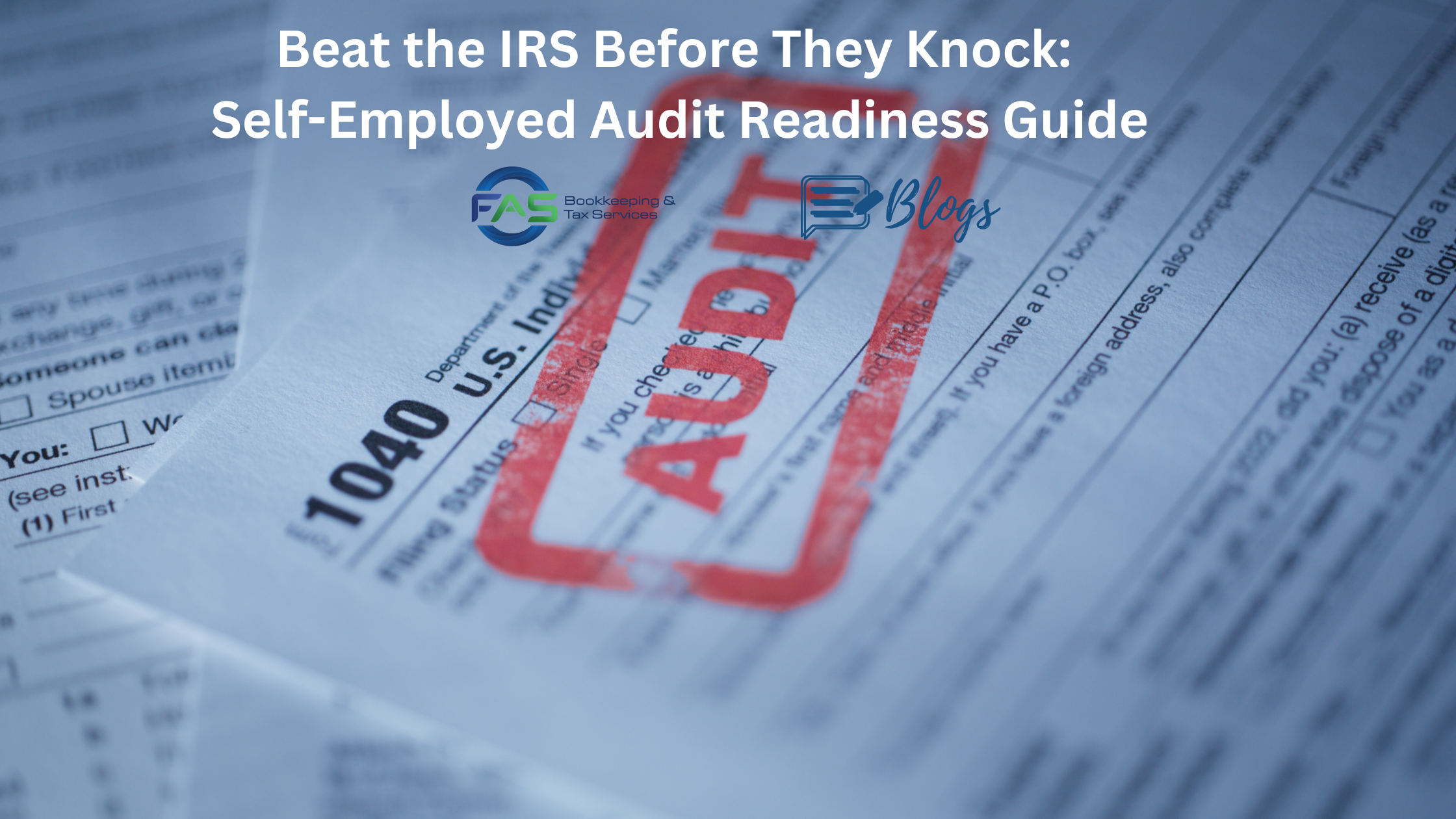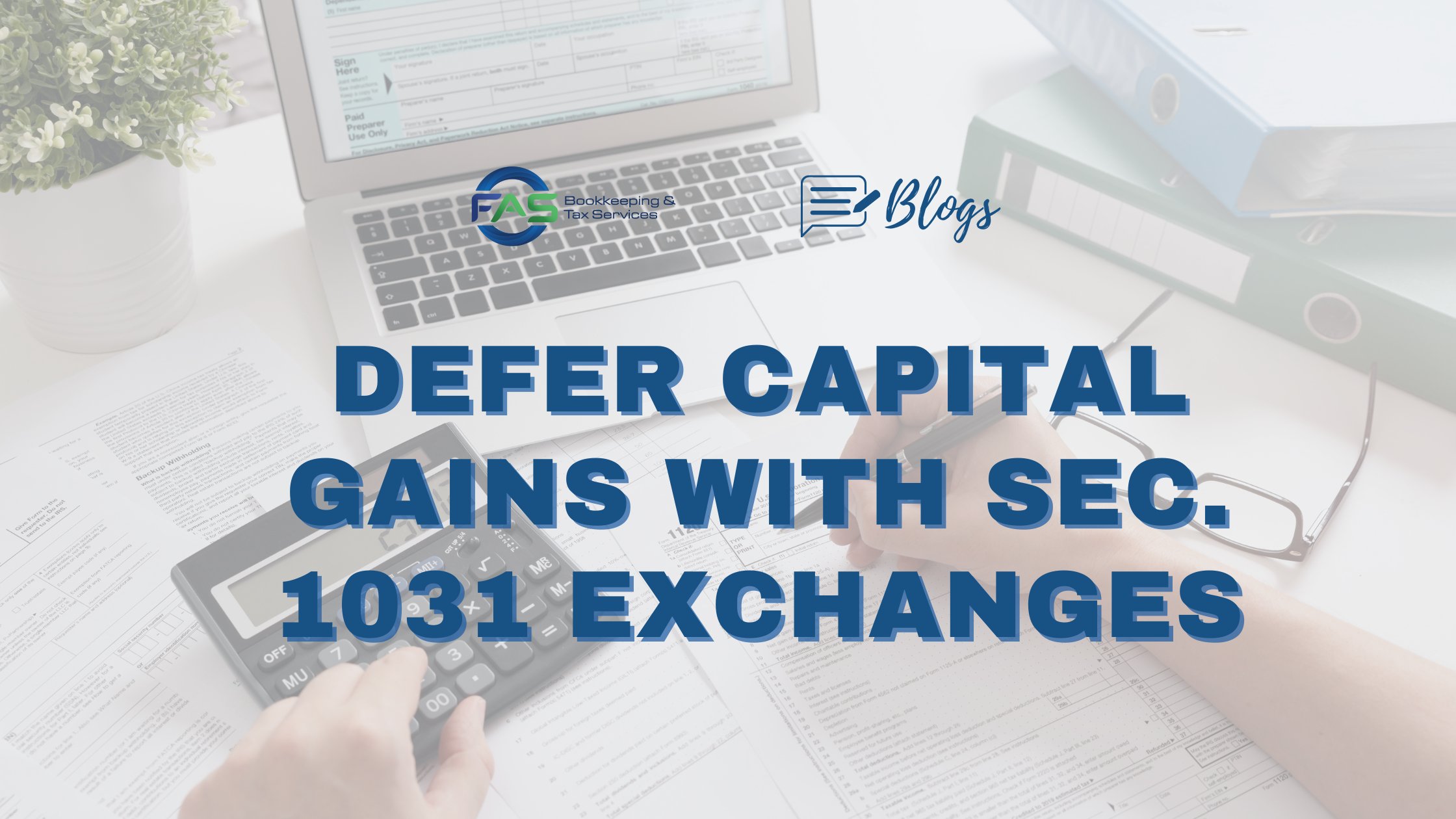Defer Capital Gains With Sec. 1031 Exchanges
If you’re a savvy investor, you probably know that you must generally report any mutual fund distributions as income, whether you reinvest them or exchange shares in one fund for shares in another. In other words, you must report and pay any capital gains tax owed.
But if real estate’s your game, did you know that it’s possible to defer capital gains by taking advantage of a tax break that allows you to swap investment property on a tax-deferred basis?
What Is a Section 1031 Like-kind Exchange?
Named after Section 1031 of the Internal Revenue Code (IRC), a like-kind exchange generally applies to real estate. It is designed for people who want to exchange properties of equal value. If you own land in Oregon and trade it for a shopping center in Rhode Island, as long as the values of the two properties are equal, nobody pays capital gains tax even if both properties may have appreciated since they were originally purchased.
Section 1031 transactions don’t have to involve identical types of investment properties. You can swap an apartment building for a shopping center or a piece of undeveloped, raw land for an office or building. You can even swap a second home that you rent out for a parking lot.
There’s no limit on how many times you can use a Section 1031 exchange. It’s possible to roll over the gain from your investment swaps for many years and avoid paying capital gains tax until a property is finally sold. Keep in mind, however, that gain is deferred, but not forgiven, in a like-kind exchange and you must calculate and keep track of your basis in the new property you acquired in the exchange.
Section 1031 is not for personal use and is limited to exchanges of real property. For example, you can’t use it for stocks, bonds, and other securities or personal property (with limited exceptions such as artwork). Furthermore, in 2021, the IRS issued a legal memo concluding that swaps of certain cryptocurrencies cannot qualify as a like-kind exchange under Section 1031.
Properties of Unequal Value
Let’s say you have a small piece of property and want to trade up to a bigger one by exchanging it with another party. You can make the transaction without paying capital gains tax on the difference between the smaller property’s current market value and your lower original cost.
That’s good for you, but the other property owner doesn’t make out so well. Presumably, you will have to pay cash or assume a mortgage on the bigger property to make up the difference in value. This is referred to as “boot” in the tax trade, and your partner must pay capital gains tax on that part of the transaction.
To avoid that, you could work through an intermediary, often known as an escrow agent. Instead of a two-way deal involving a one-for-one swap, your transaction becomes a three-way deal.
Your replacement property may come from a third party through the escrow agent. The escrow agent may arrange evenly valued swaps by juggling numerous properties in various combinations.
Under the right circumstances, you don’t even need to do an equal exchange. You can sell a property at a profit, buy a more expensive one, and defer the tax indefinitely.
You sell a property and have the cash put into an escrow account. Then the escrow agent buys another property that you want. They get the title to the deed and transfer the property to you.
Mortgage and Other Debt
When considering a Section 1031 exchange, it’s important to consider mortgage loans and other debt on the property you plan to swap. For example, if you hold a $200,000 mortgage on your existing property but your “new” property only holds a mortgage of $150,000. Even if you’re not receiving cash from the trade, your mortgage liability has decreased by $50,000. In the eyes of the IRS, this is classified as “boot,” and you will still be liable for capital gains tax because it is still treated as “gain.”
Advance Planning Required
A Section 1031 transaction takes planning. You must identify your replacement property within 45 days of selling your estate. Then you must close on that within 180 days. There is no grace period. If your closing gets delayed by a storm or other unforeseen circumstances, and you cannot close in time, you’re back to a taxable sale.
Find an escrow agent specializing in these types of transactions and contact your accountant to set up the IRS form ahead of time. Some people sell their property, take cash, and put it in their bank account. They figure all they have to do is find a new property within 45 days and close within 180 days. But that’s not the case. As soon as “sellers” have cash in their hands, or the paperwork isn’t done right, they’ve lost their opportunity to use this tax code provision.
Personal Residences and Vacation Homes
Section 1031 doesn’t apply to personal residences, but the IRS lets you sell your principal residence tax-free as long as the gain is under $250,000 for individuals and under $500,000 if you’re married.
Section 1031 exchanges may be used for swapping vacation homes but present a trickier situation. Here’s an example of how this might work: Let’s say you stop going to your condo at the ski resort and instead rent it out to a bona fide tenant for 12 months. In doing so, you’ve effectively converted the condo to an investment property, which you can then swap for another property under the Section 1031 exchange.
However, there’s a catch if you want to use your new property as a vacation home. You’ll need to comply with a 2008 IRS safe harbor rule in each of the 12-month periods following the 1031 exchange; you must consecutively rent the dwelling to someone for 14 days (or more). In addition, you cannot use the dwelling for more than the greater of 14 days or 10 percent of the number of days during the 12-month period that the dwelling unit is rented out for at fair rental price.
You must report a Section 1031 exchange to the IRS on Form 8824, Like-Kind Exchanges, and file it with your tax return for the year in which the exchange occurred. If you do not specifically follow the rules for like-kind exchanges, you may be held liable for taxes, penalties, and interest on your transactions.
Questions?
Like-kind exchanges may seem straightforward but can be complicated. If you’re considering a Section 1031 exchange or have questions, please contact the office for assistance. 




